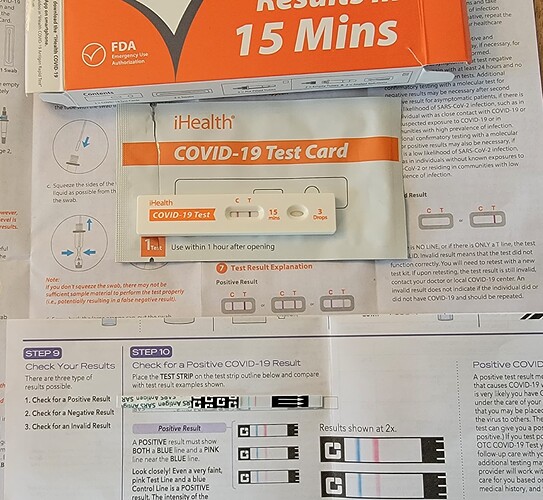New study:
We enrolled 371 patients with kidney transplant (229 men, 61.8%) with a median age of 49 (18–86) years and a mean age of 51.4 years. Of these, 56 (15.1%) became infected with SARS-CoV-2 during the period of the study.
In relation to the different immunosuppressive therapies, 66 patients (17.8%) assumed the immunosuppressive therapy with mTOR inhibitors, 48 with everolimus, and 18 with sirolimus. Of these, 11 (16.6%) (eight treated with everolimus and three with sirolimus) acquired SARS-CoV-2 infection (OR for SARS-CoV-2 infection acquired vs. no SARS-CoV-2 infection acquired: 1.1, 95, CI: (0.25–2.8) mTOR inhibitors recipients vs. other regimens), p = 0.210 ). Of the 11 patients infected, 7 (63.6%) had COVID-19; in particular, six had a mild form of the disease, while 1 had a moderate form of the disease (OR for moderate/severe form vs. mild:0.8, 95, CI: (0.21*–**0.92) mTOR inhibitors recipients vs. other regimens; p = 0.041) (Tables 2, ,5,5, ,6).6). No patient treated with mTOR inhibitors presented a severe form of the disease.
Discussion
Our study first shows that the use of mTOR inhibitors when compared with other immunosuppressive regiments was associated with a more favorable outcome of COVID-19 in a cohort of patients. Moreover, none of the patients undergoing immunosuppressive therapy with mTOR inhibitors (everolimus and sirolimus) presented a severe form of the disease.
In contrast, neither the number of immunosuppressive drugs nor their type was associated with the risk of acquiring the infection.
Conclusion
In kidney transplant patients, the use of mTOR inhibitors as part of an immunosuppressive regimen is associated with a better prognosis in the case of COVID-19.
Explaining the results:
How can we explain these results? There are at least two possible explanations: an antiviral effect of mTOR inhibitors or an immunomodulant action. With respect to the first hypothesis, we underline that a potential positive impact of mTOR inhibitors in the course of several viral infections is already known in the literature (22, 23). However, to our best knowledge, our study is the first one to show a positive impact of mTOR inhibitors in the course of SARS-CoV-2 infection on the evolution of the disease. The results might be due to the wellknown immunomodulatory effect of these drugs that could reduce the cytokine storm typical of the immune activation phase of the disease. Alternatively, another possible reason could be due to the inhibitory action on the mTOR pathway, which could induce the inhibition of transcriptional processes and consequently induce a reduced viral replication.
Research Paper:
